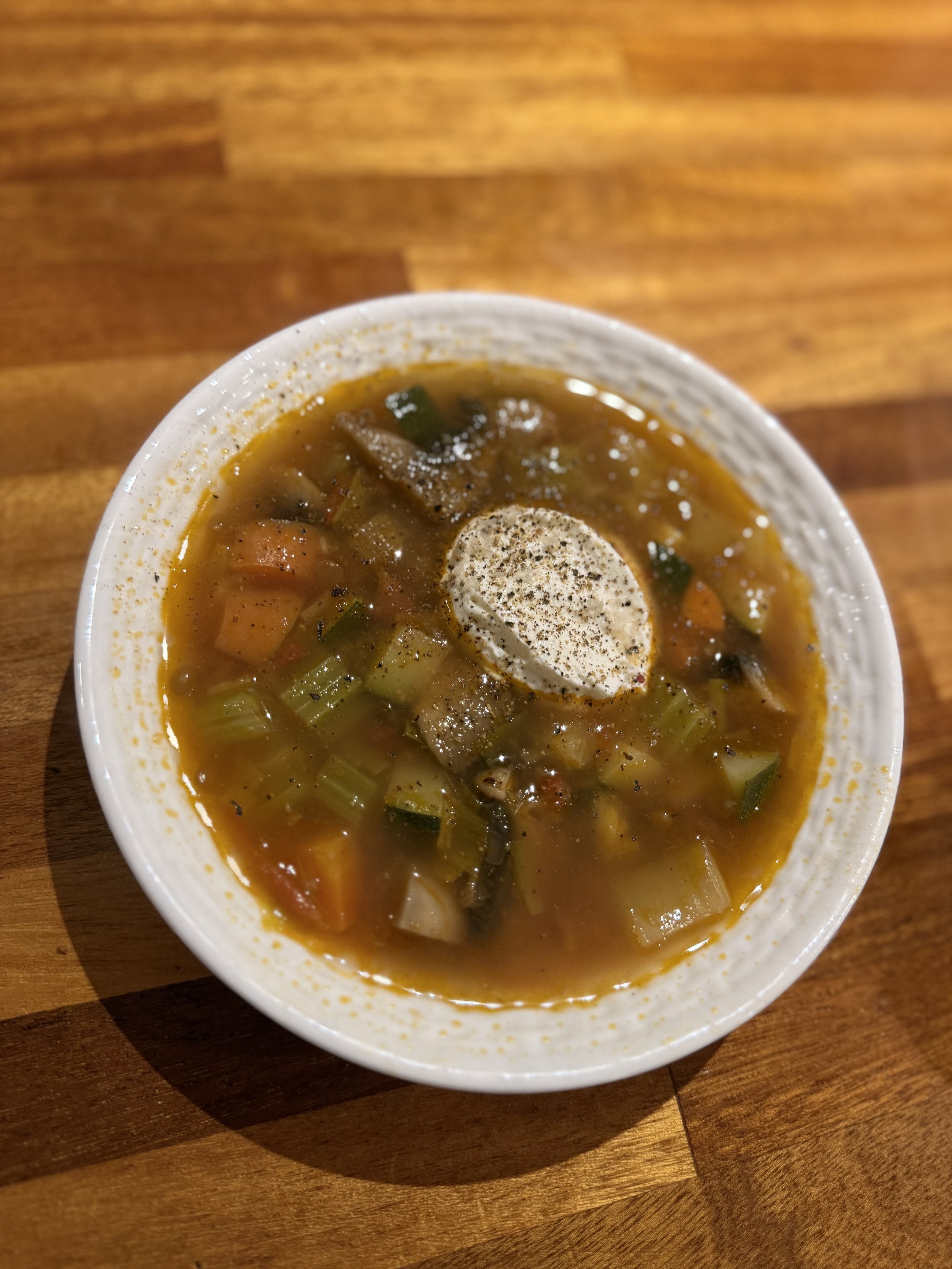WEIGHT LOSS RECIPES
Recipes for weight loss focuses on protein-rich foods. These are designed to harness the satiating and metabolism-boosting properties of protein, contributing to effective and sustainable weight management.
The rationale behind these recipes lies in several key factors:
Satiety and Fullness: Protein has a higher satiety factor compared to fats and carbohydrates. Including lean protein sources in meals promotes a feeling of fullness, reducing overall calorie intake by curbing unnecessary snacking.
Metabolism Boost: The thermic effect of food (TEF) is higher for protein, meaning the body expends more energy digesting and processing protein than it does for fats or carbs. This can contribute to an increase in overall calorie expenditure, supporting weight loss efforts.
Preservation of Lean Muscle Mass: Adequate protein intake during weight loss helps preserve lean muscle mass. This is crucial because retaining muscle mass supports metabolic rate and overall body composition.
Blood Sugar Regulation: Protein-rich meals have a stabilising effect on blood sugar levels. By preventing rapid spikes and crashes in blood glucose, protein contributes to sustained energy levels and reduced cravings for sugary snacks.
Nutrient Density: Many protein sources are nutrient-dense, providing essential vitamins and minerals. This ensures that, even when in a calorie deficit for weight loss, the body receives the necessary nutrients for overall health.
Integrating these recipes into a well-balanced diet, along with regular physical activity, can support individuals on their weight loss journey.
The food we eat helps us to maintain health and manage medical conditions. A balanced, nutrient-rich diet profoundly influences the body's functioning and overall well-being.
1. Nutrient Content: Foods contain essential nutrients vital for body functioning, growth, and health maintenance.
2. Disease Prevention: A diet rich in fruits, vegetables, whole grains, and lean proteins lowers the risk of chronic diseases like heart disease, diabetes, and certain cancers.
3. Inflammation and Immunity: Certain foods, such as fruits, vegetables, and omega-3 fatty acids, have anti-inflammatory properties that boost the immune system.
4. Gut Health: Foods with probiotics and prebiotics support a healthy gut microbiota, impacting digestion, nutrient absorption, and immune function.
5. Energy and Mental Health: A balanced diet provides energy for daily activities and influences neurotransmitter production, affecting mood and cognitive function.
6. Weight Management: A nutritious diet and regular physical activity are crucial for maintaining a healthy weight.
7. Individualised Nutrition: Recognising individual nutritional needs based on factors like age, gender, genetics, and health conditions is crucial.
Adopting a balanced, nutrient-dense diet is essential for overall well-being, preventing, and supporting the management of health conditions. It does not replace the need for some medications but it can assist in ensuring optimal health with less medical intervention.




